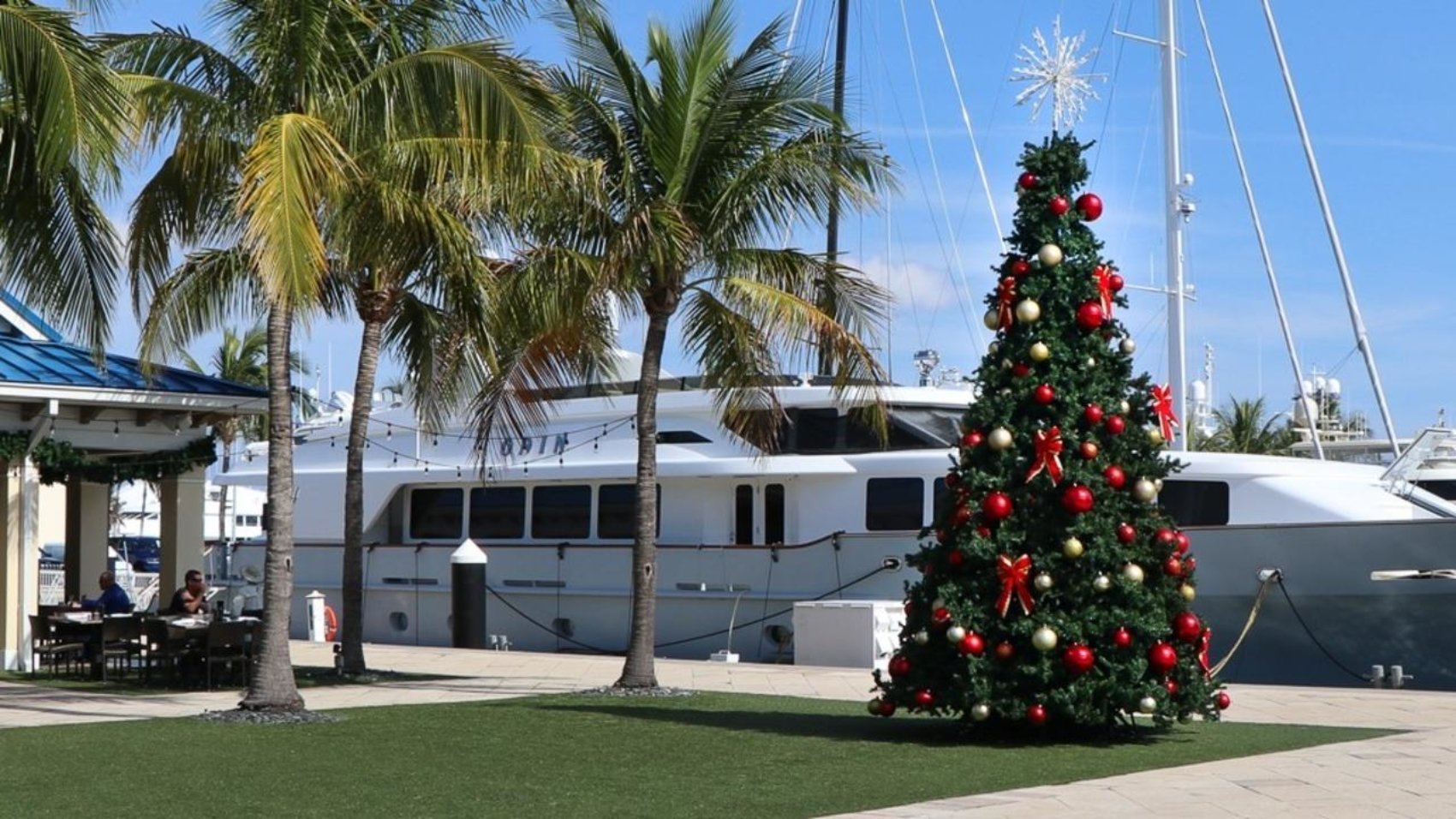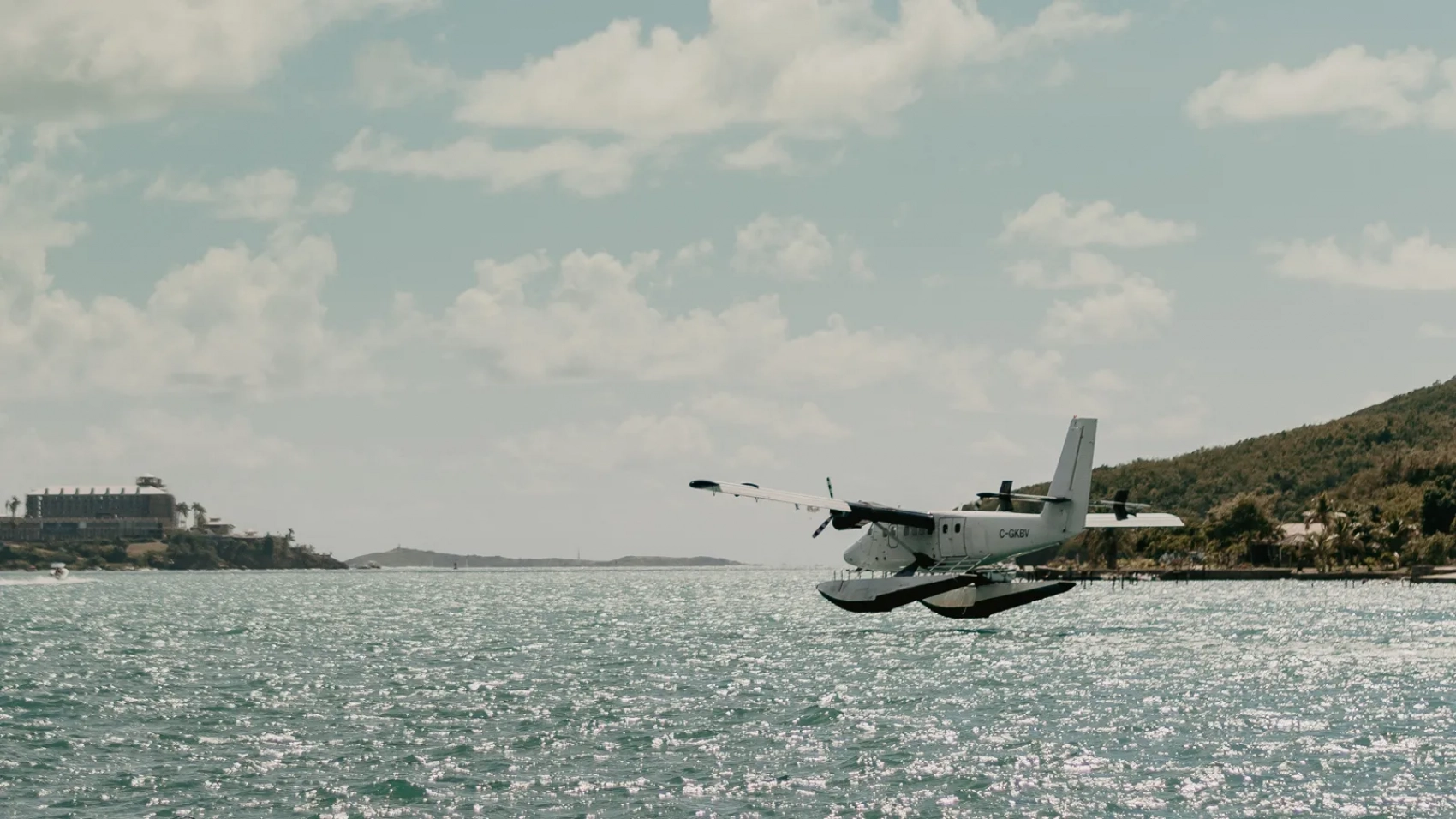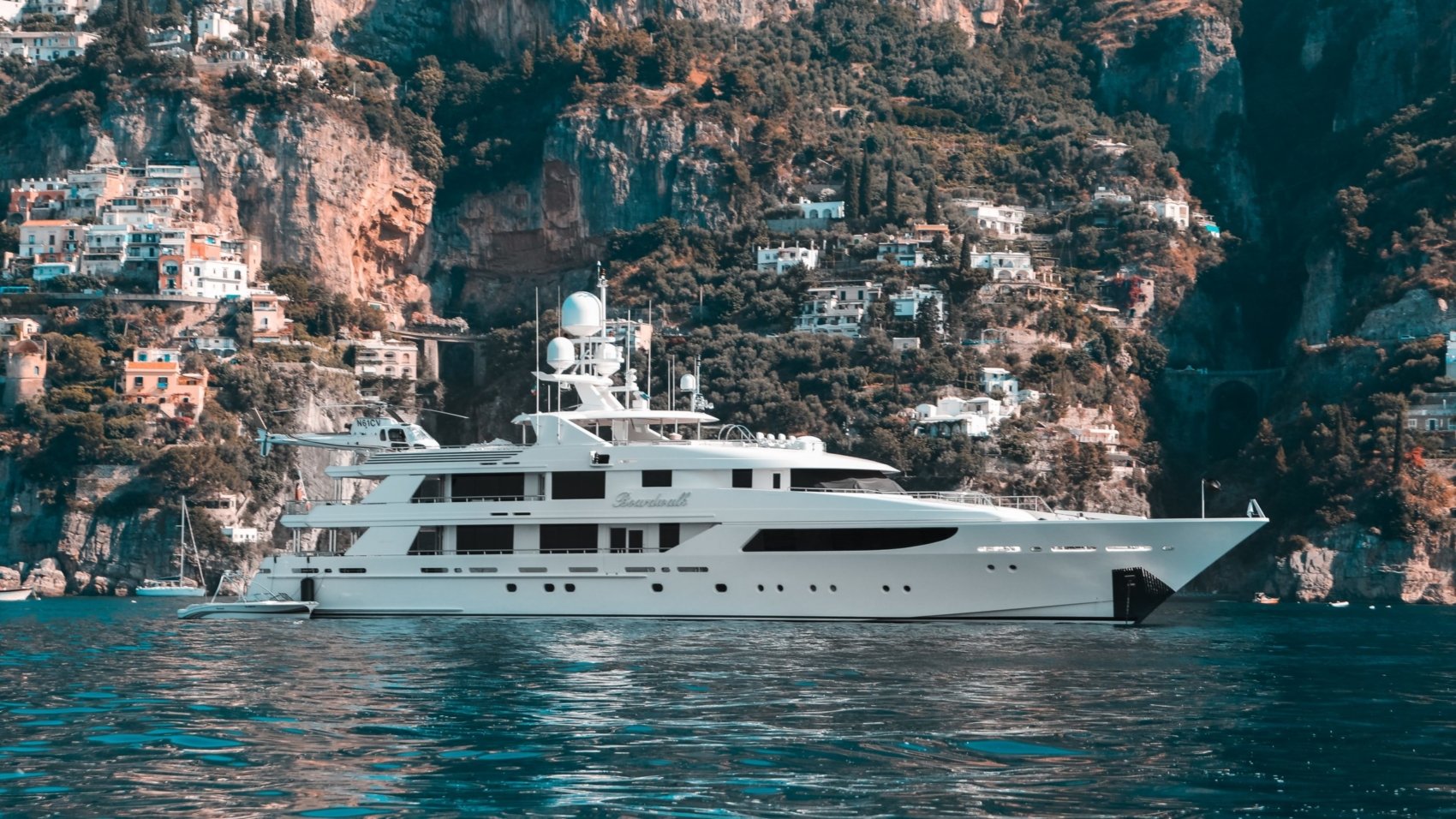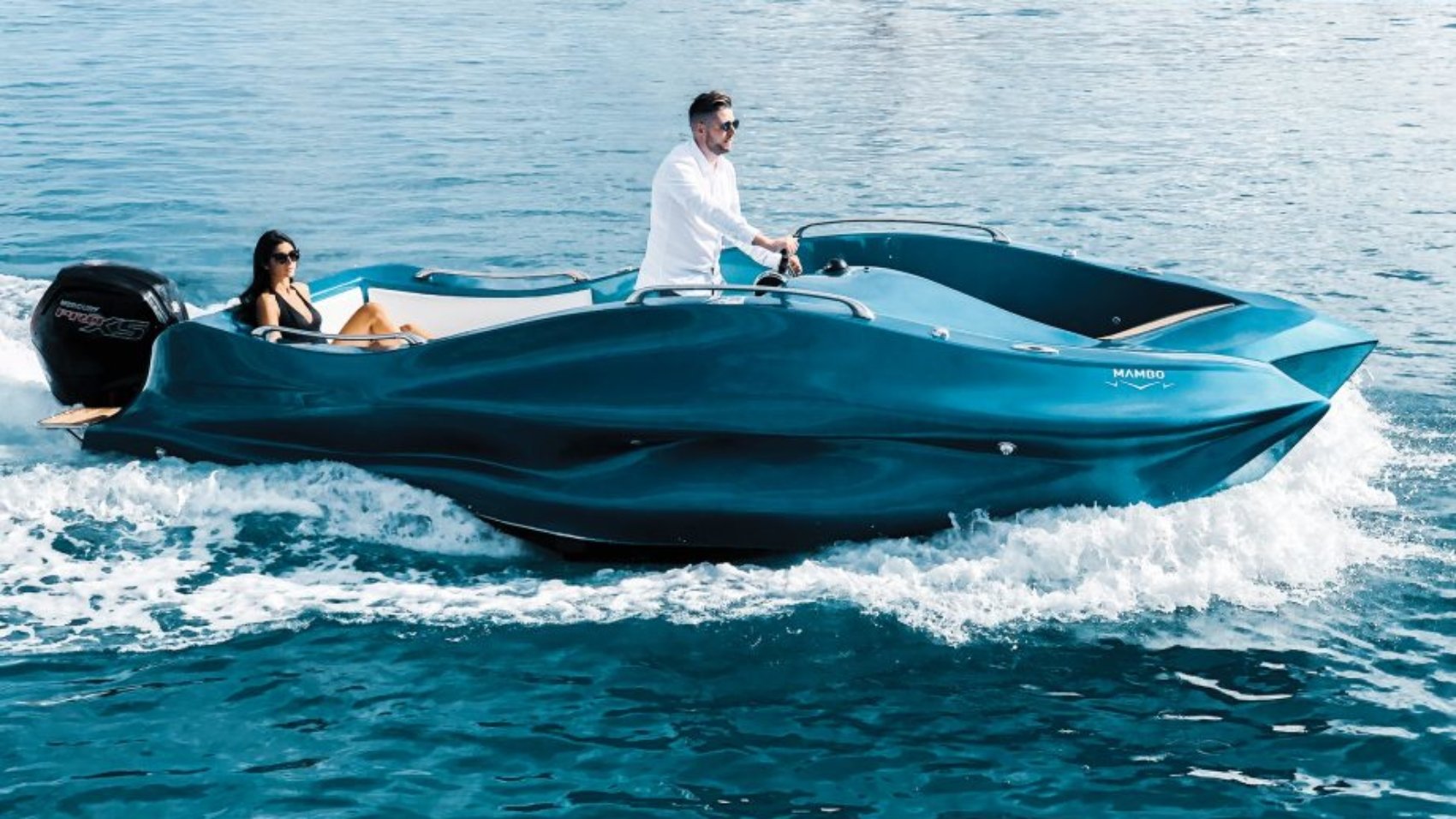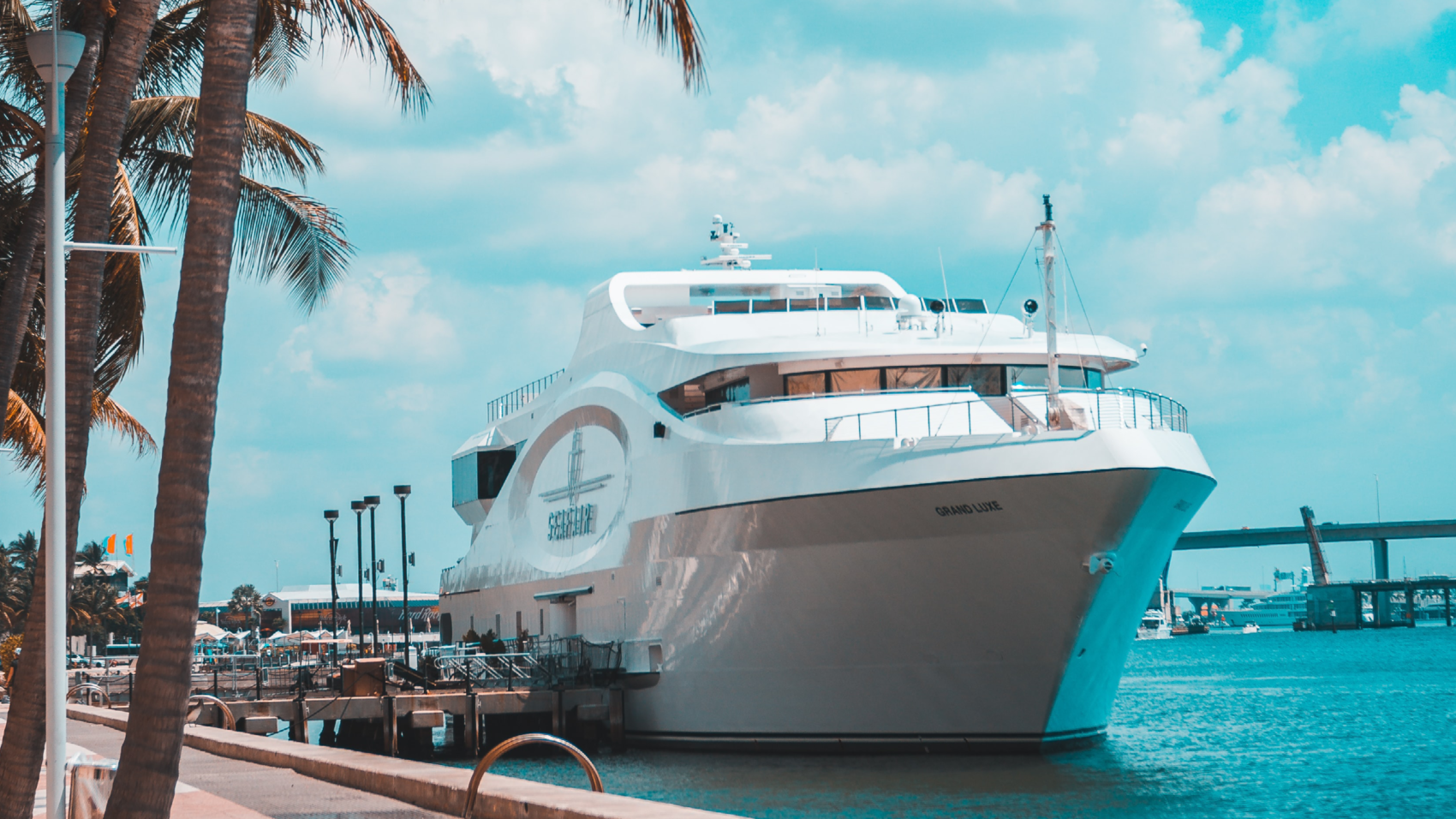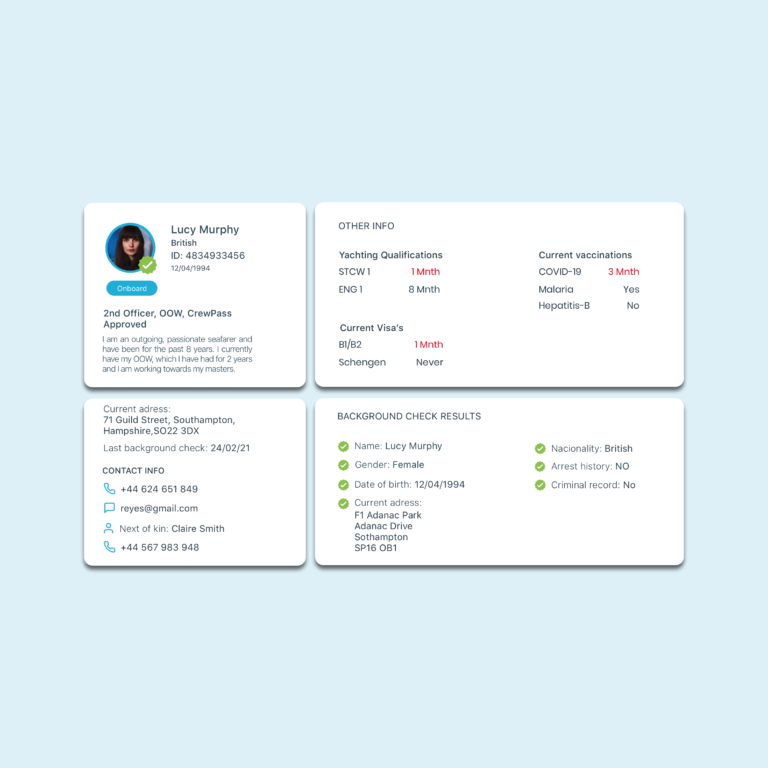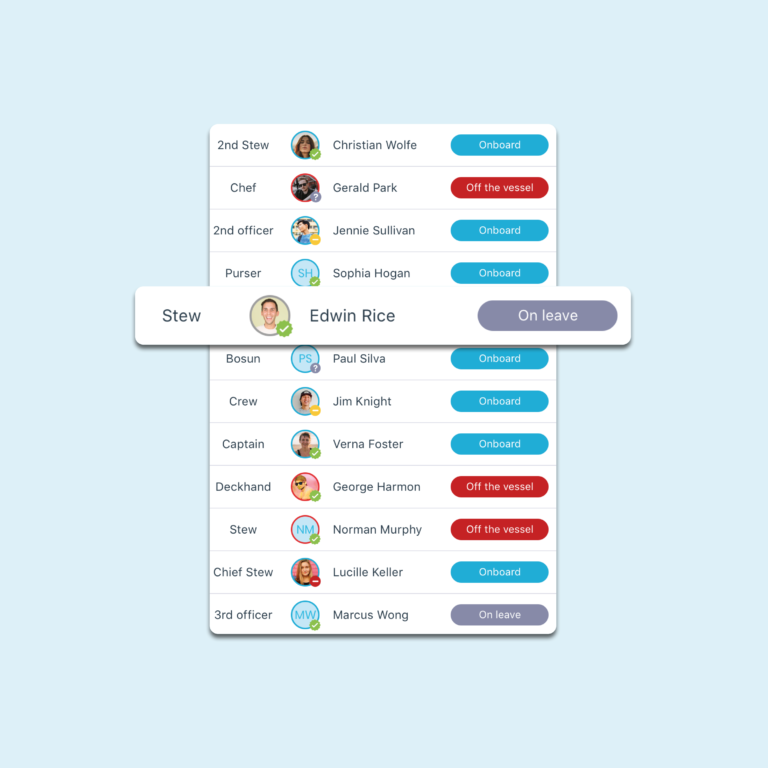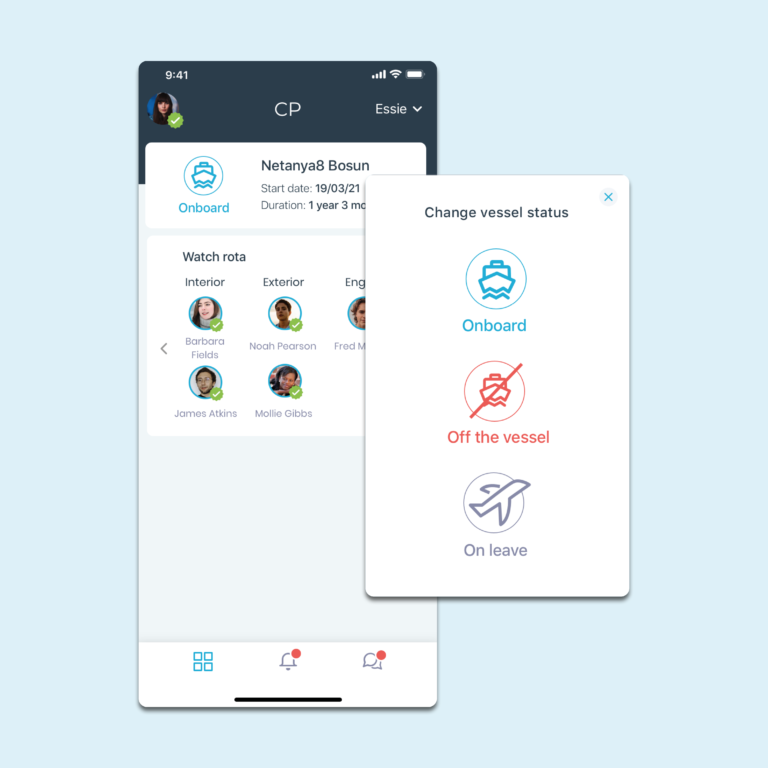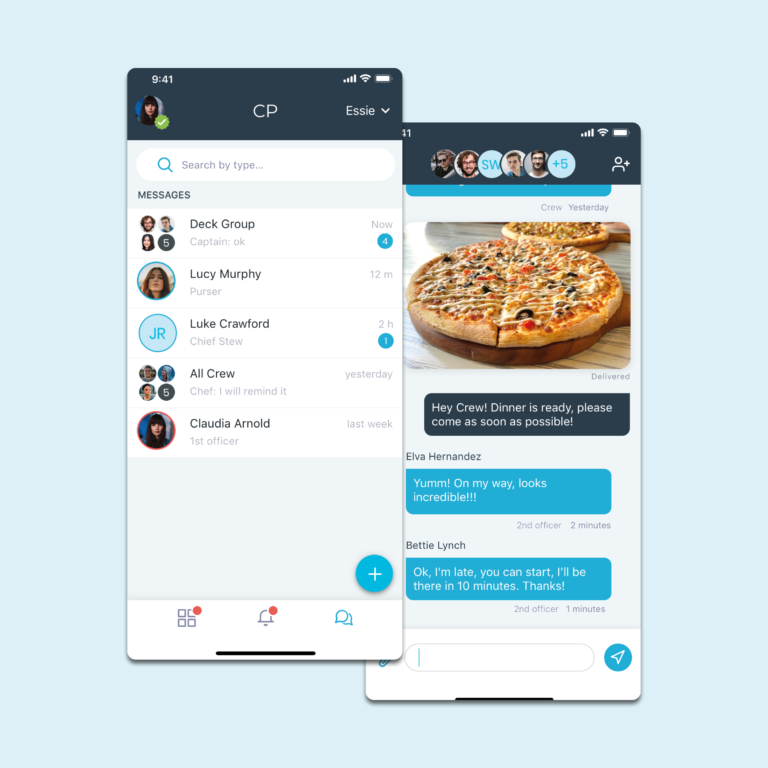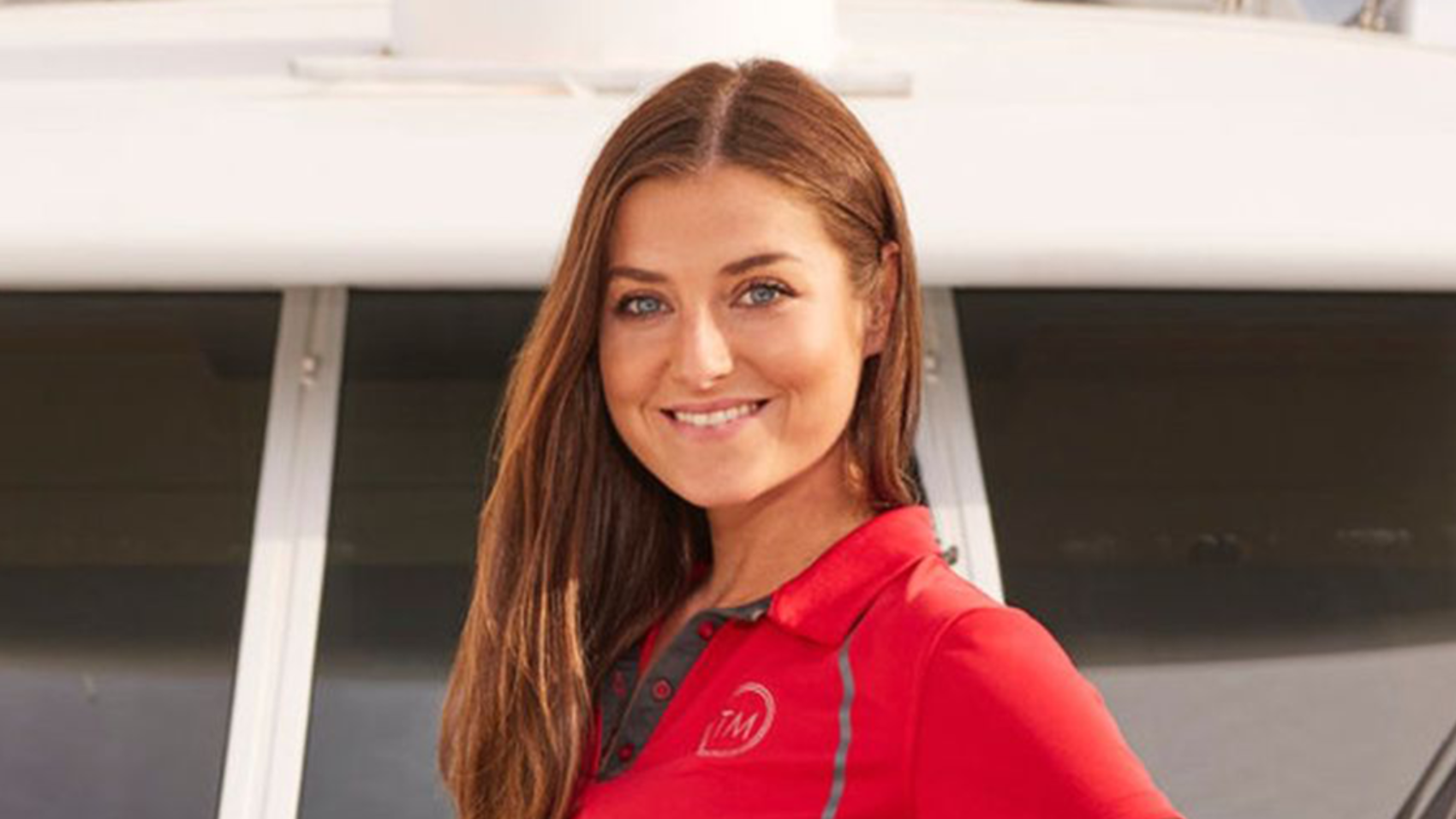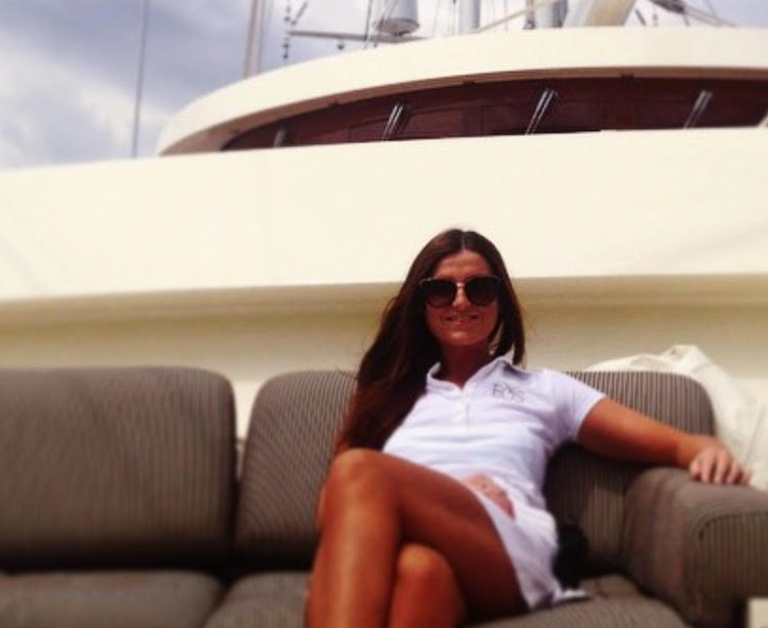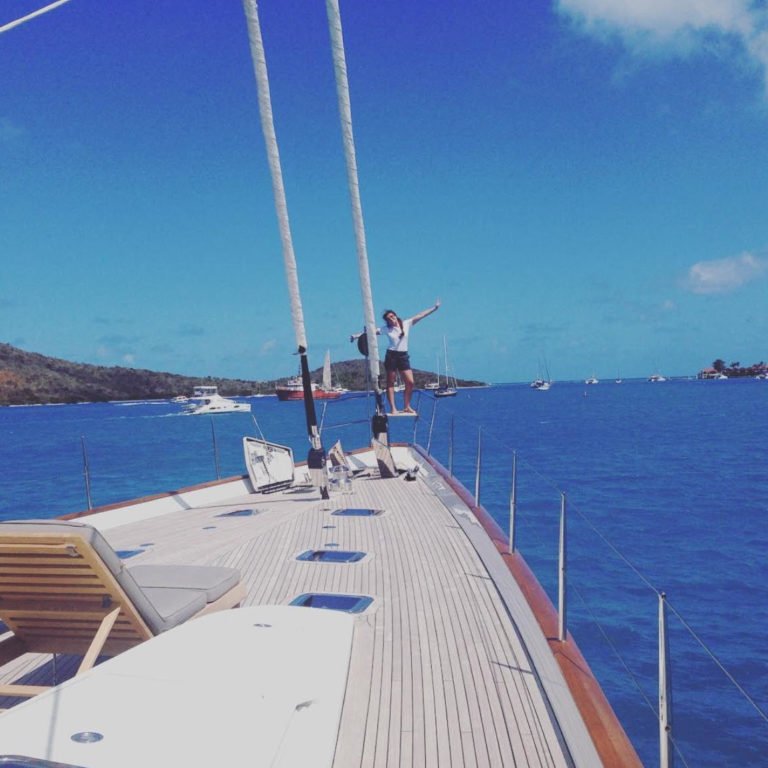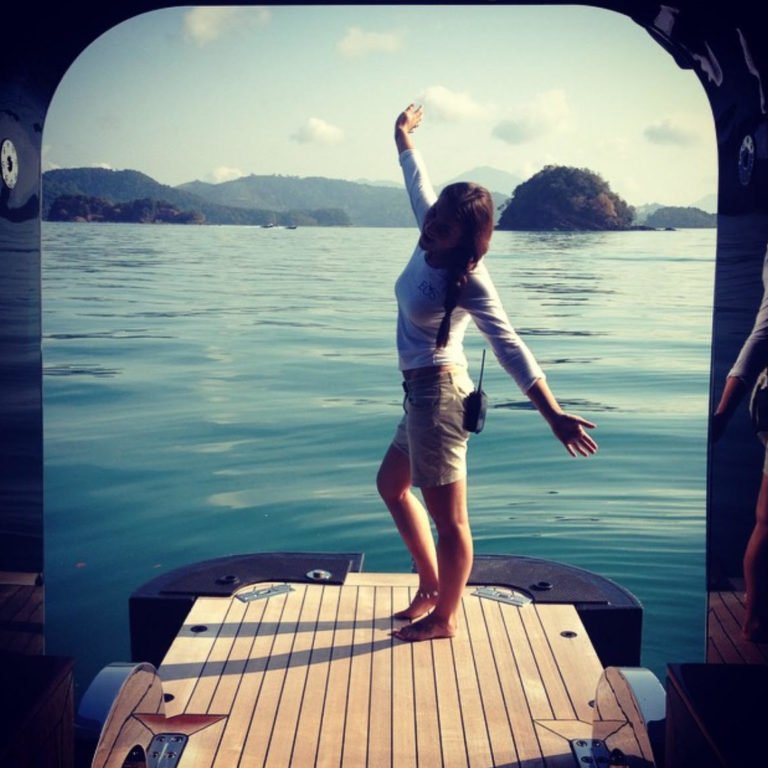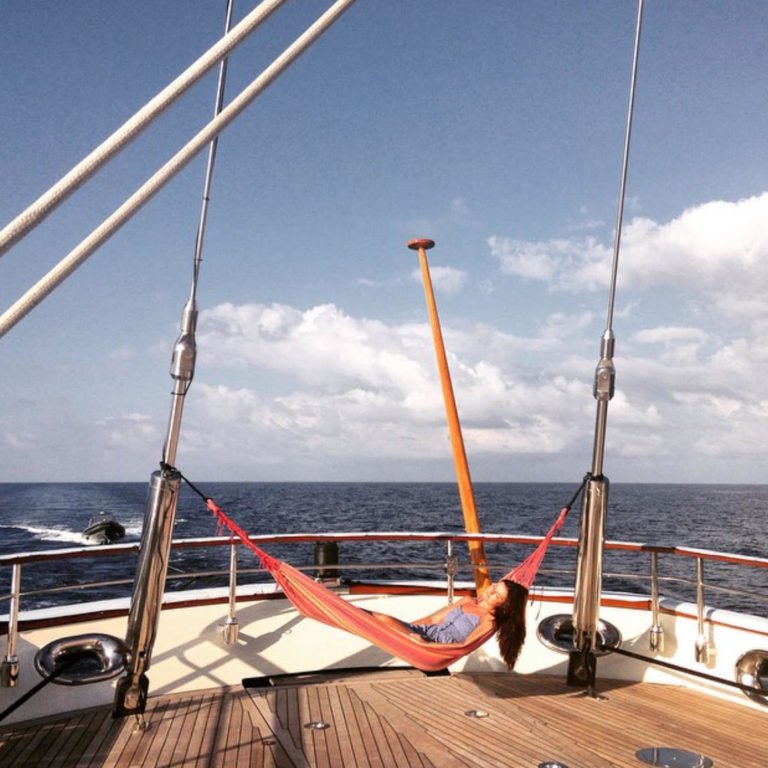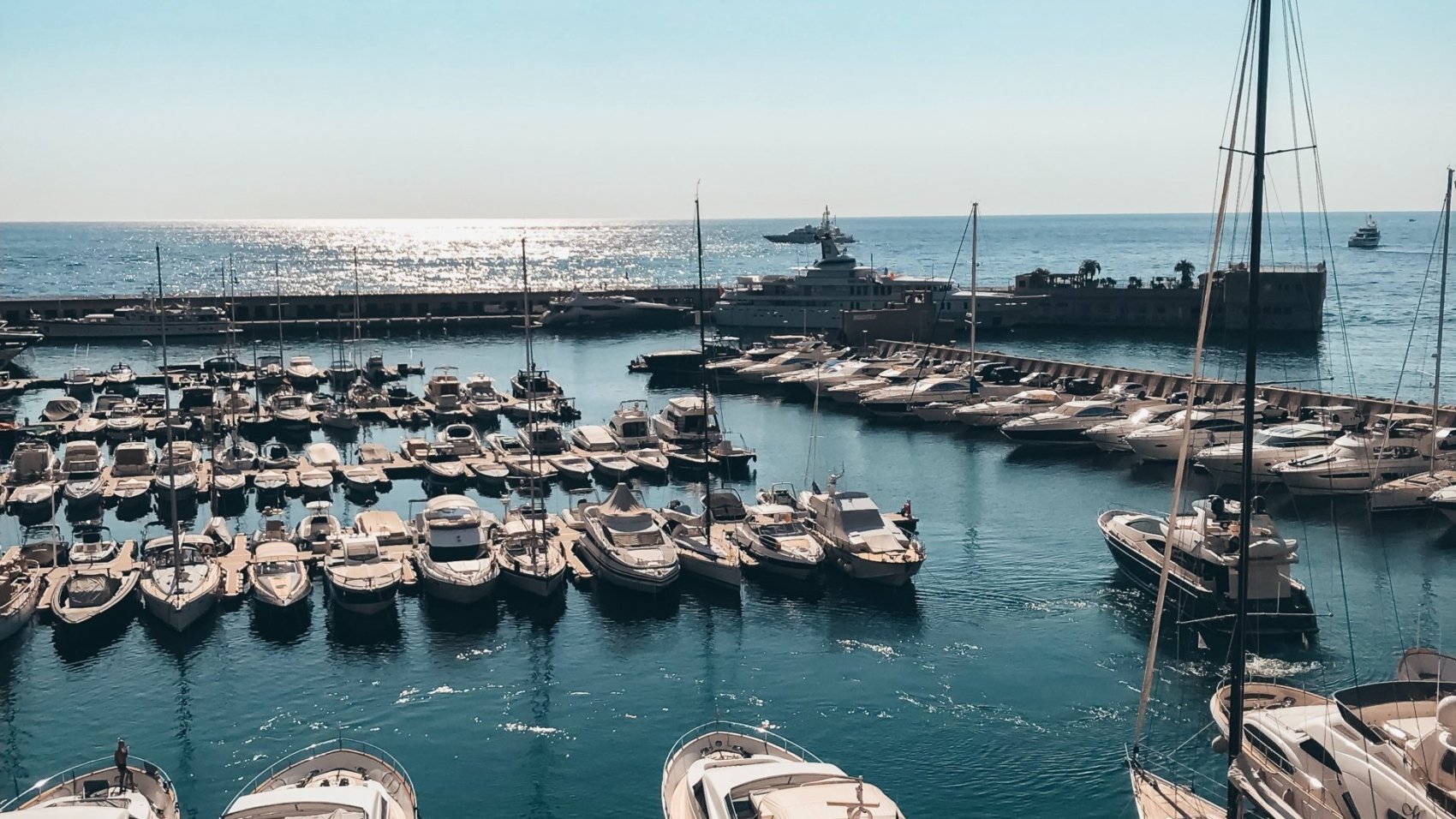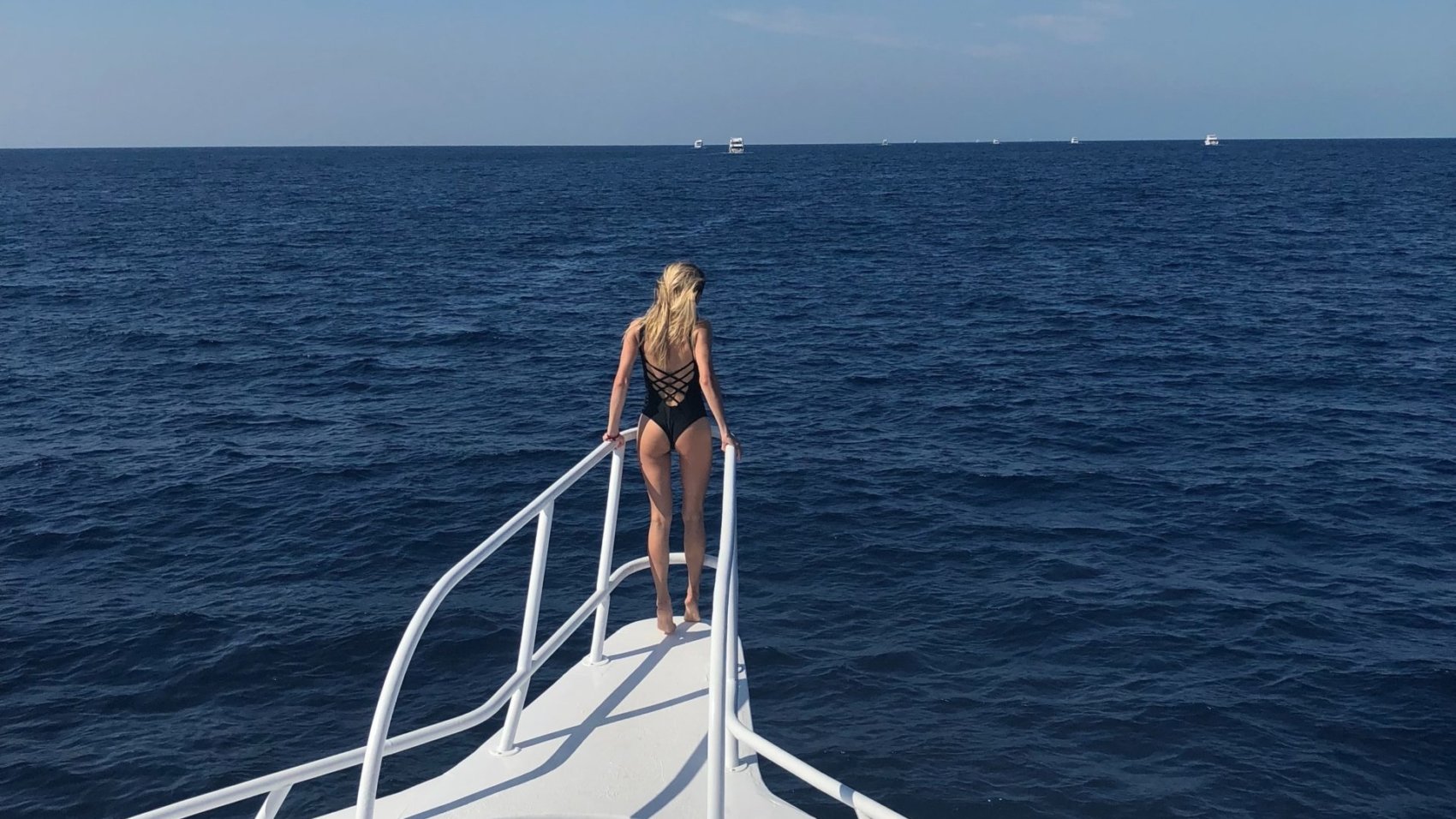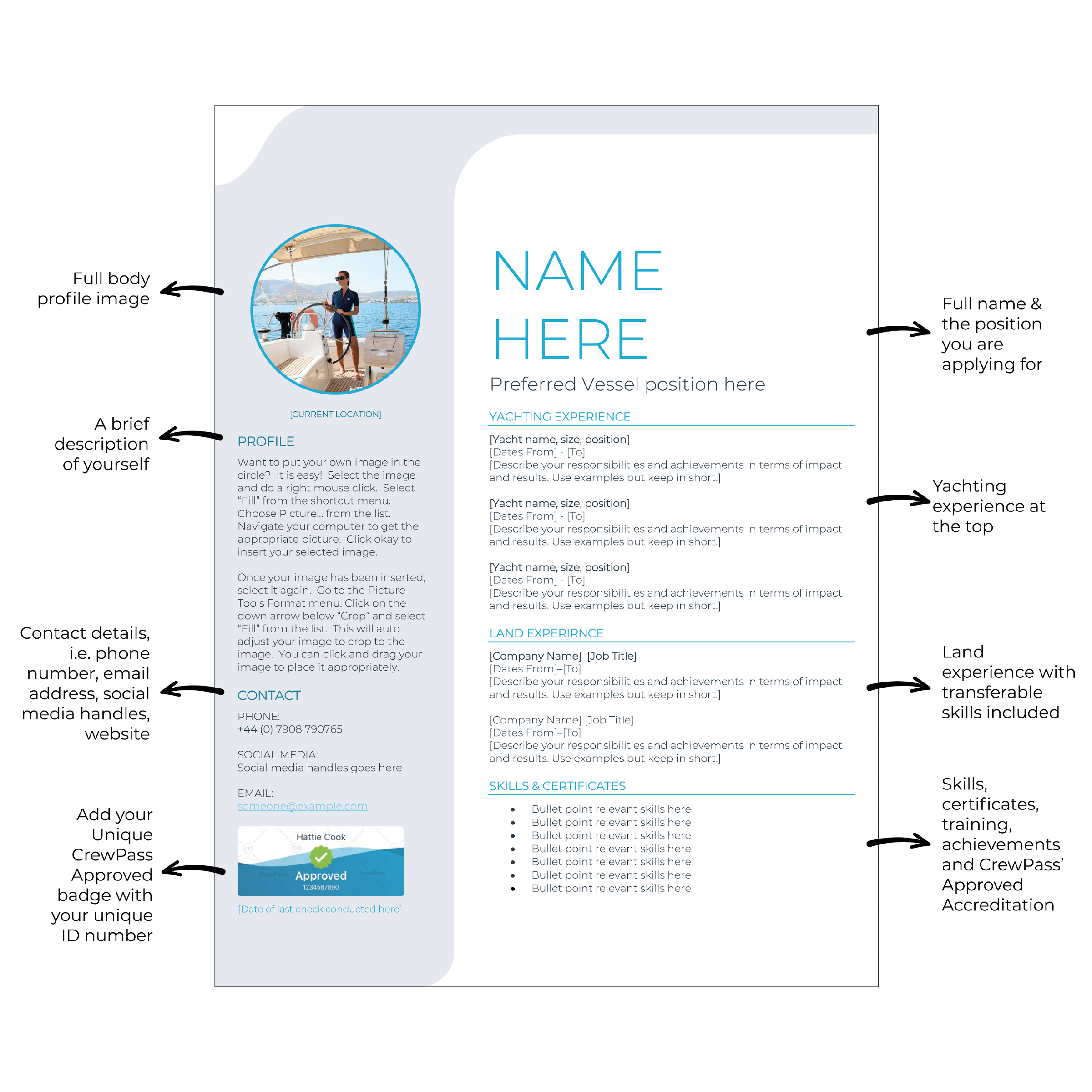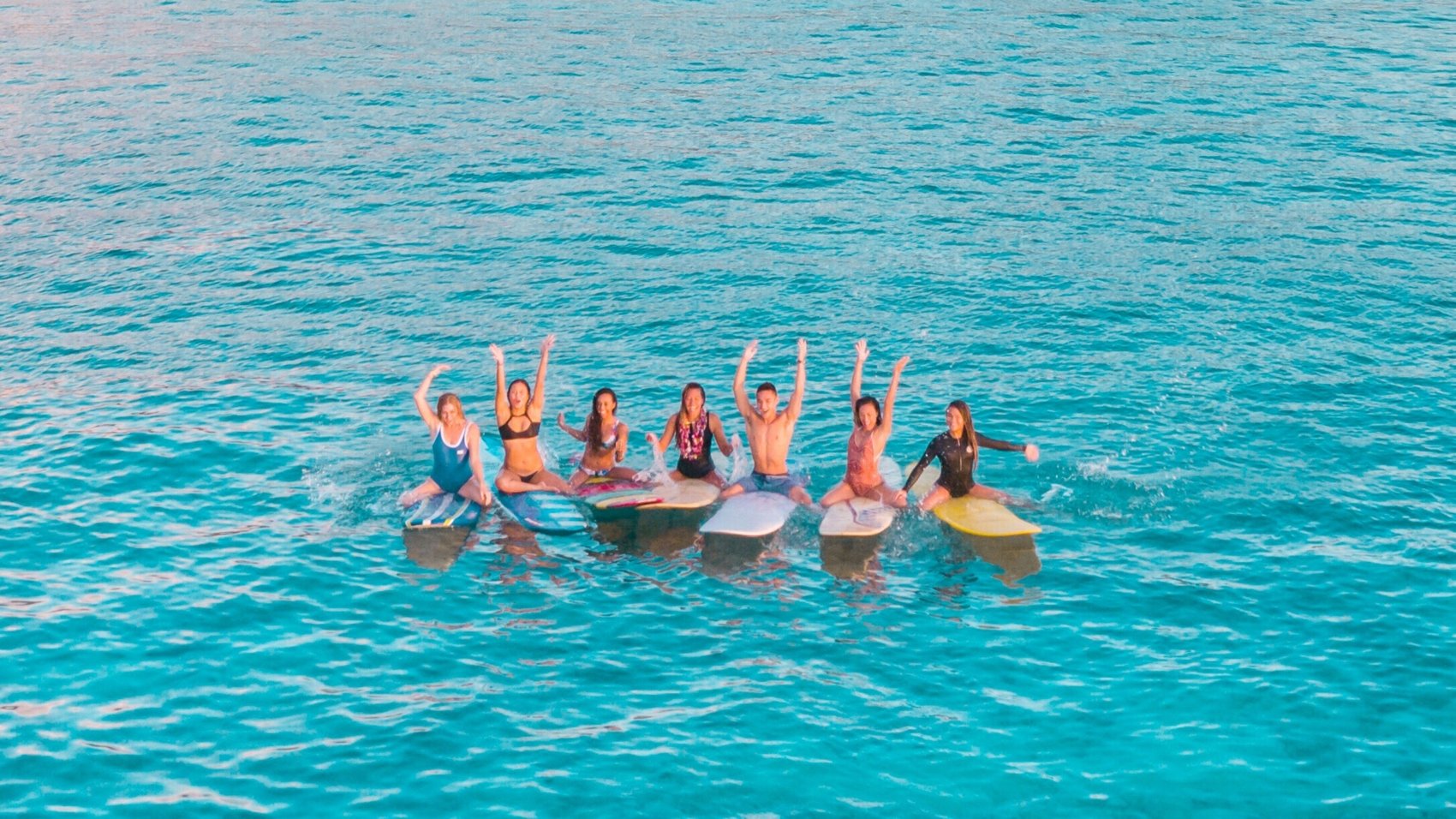Hollywood always depict Christmas as a snowy utopia, and many people wish for a white Christmas! But why not replace “white Christmas” for white beaches this year! Don’t settle for grey skies, wet and cold climates when you could be sunbathing in the Caribbean…No matter where you go, Christmas will always be Christmas, so spend it this year at the top luxury Christmas destinations for yachting.
The Caribbean is an ideal destination for Christmas. If you are looking for solitude this year, the Caribbean islands are only 10% inhabited, giving you the privacy, you desire. Soak up the sun and feast outside on the yacht’s deck around the main guest table and enjoy a grand Christmas dinner made by the finest yacht chefs. Don’t fancy a Christmas roast dinner this year? The Caribbean arguably has the best seafood in the world for you to try instead?
British Virgin Islands:
Christmas in a hot climate is already superior and socialising with friends and family in luxury and comfort in the British Virgin Islands is supreme! With four main islands and many smaller ones, there are plenty of locations to choose from. All have different things to do from sight-seeing, water activities and enjoying the local cuisine. The Islands have an excess of marine life, so it is a popular place for yacht charters. Plus, the British Virgin Islands is a great place to go snorkelling and check out the RMS Rhone, which sunk in 1867 and lies at the bottom of Salt Island. As this destination is the volcanic part of the Caribbean, why not check out the rainforest-like Sage Mountain National Park?

Antigua and Barbuda:
Antigua and Barbuda have an abundance of breath-taking beaches and scenic views! The most notable yacht destination in Antigua is Carlisle Bay. Carlisle Bay is a yacht friendly resort and is seen as the hub of the Caribbean. With an excess of exquisite cafés and restaurants, why wouldn’t you want to spend your Christmas here? Plus, you can enjoy delicious rum-based cocktails from a hammock soaking in the rays.

The Bahamas:
If you want a more action-packed Christmas, then The Bahamas is perfect for you! The Bahamas offers thrill-seekers an abundance of charter yacht water toys ranging from jet skis and water skis to paddleboards and kayaks. Why don’t you try diving in beautiful reefs in the Bahamas and exploring underwater caves and ancient shipwrecks? There are also plenty of activities on land, including splashing the cash at The Bahamas world-class casinos or trying out one of their luxurious golf courses. Of course, if you are a bit of a shopaholic, then the Bahamas offers top exclusive brands and high-end shopping to satisfy your shopping needs.

If the Caribbean doesn’t float your boat this Christmas, maybe going down under to the South Pacific and Australia will! The South Pacific has the world’s largest ocean making it a dream location for yachting. A quintessential tropical island Christmas is as idyllic as it sounds. Plus, the South Pacific is the home for romantic hideaways! Both Australia and the South Pacific offer a variety of action-packed activities ranging from whale watching to thrilling jungle tours. Christmas in this destination will not be dull! The diversity in culture and the inviting locals are just one of many reasons you must travel here for Christmas.
Australia:
Australia is a gigantic country that fulfils everyone’s needs with diverse landscapes, cultures, and activities. An endless amount of stunning surf beaches and the incredible Great Barrier Reef make Australia a leading tourist hot spot for Christmas. If you want an urban getaway this Christmas, then Sydney is the place for you! Sydney celebrates Christmas with various festive events, including light shows, Christmas markets, live performances, and funfairs suitable for all ages. If you desire a more extravagant Christmas, make the most of Sydney’s reputable world-class dining and luxury hotels. Sydney also offers excellent wine regions, including the oldest wine region Hunter Valley which offers fine wine and the most exceptional restaurants, including Muse and Bistro.

Image from ELLE Decor
Fiji:
With tonnes of thriving coral reefs and lagoons, Fiji is a tropical paradise on the top of most people’s bucket lists. Volcanic mountains surround clear blue waters and white sand beaches. With slight temperature variation, one can expect a sunny Christmas even in December! Therapeutic mud pools, hot springs, swimming with sharks in Beqa Lagoon, ancient archaeological sites, sand dunes, lush rainforests are just a few things you can check out in Fiji. Plus, with more than 300 islands to choose from, you definitely won’t get bored this Christmas.

Image from Lonely Planet
French Polynesia:
Lastly, but not least, the French Polynesia islands could end up being your new favourite Christmas location. French Polynesia is home to 118 islands; however, yachts tend to base in the Society or the Marquesas Islands. Expect to see coral-fringed lagoons and white beaches on your trip, but the array of mountains and towering waterfalls is even more impressive! Bora Bora is one of the most popular islands in this destination. This famous location hosts stunning overwater accommodation and crystal-clear waters that offers serenity and peace over the stressful holiday period.

Where are you planning to have Christmas this year? Let us know in the comment below and keep up to date with CrewPass via our social media pages!

